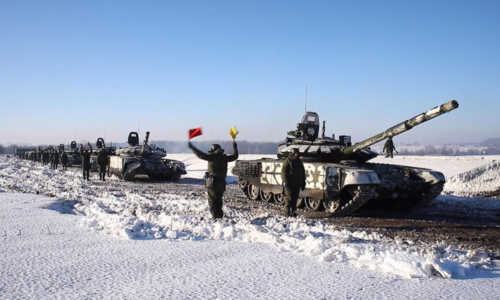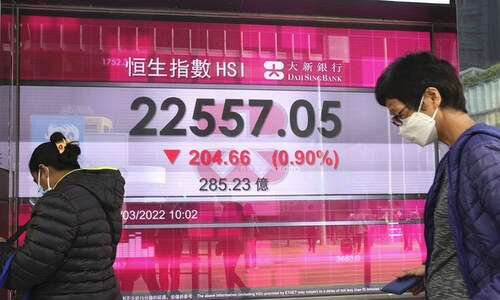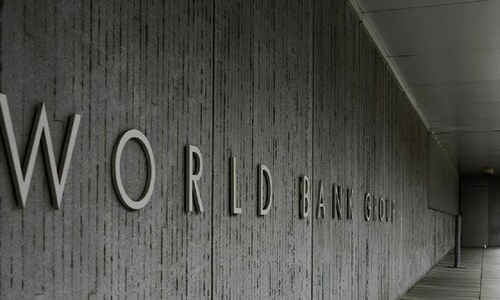ISLAMABAD: Inflationary pressures in Pakistan will remain strong if the conflict in Ukraine continues, the United Nations Economic and Social Commission for Asia and the Pacific (UNESCAP) said in its annual Economic and Social Survey for 2022.
Pakistan is a net importer of oil and natural gas as well as Ukrainian wheat. Both these factors will mean inflationary pressures will remain strong, the UNESCAP survey noted.
The survey released on Wednesday, projected that the economic growth of Pakistan is expected to be a moderate to 4.5 per cent in fiscal year 2022 with tightening and fiscal consolidation along with the reactivation of the International Monetary Fund (IMF) stabilisation programme is set to lower domestic demand and business and consumer confidence.
The State Bank has aggressively hiked rates by a cumulative 525 basis points since September 2021 but with the ongoing geopolitical conflict, the jump in commodity prices will mean inflation will likely to rise further over the coming months, warns the survey.
Remittances are projected to remain buoyant in fiscal year 2022 as more countries reopen and labour mobility improves, it said.
The UNESCAP survey added that major risks going forward include higher inflation from higher food and energy prices due to the ongoing geopolitical conflict, which will worsen external balances and put pressure on the currency.
Moreover, slower global trade due to geopolitical uncertainty and disruptions may lower export demand while the Covid-19 pandemic and possible emergence of new variants along with associated disruptions are likely to undermine growth prospects, forecast the survey.
Pakistan’s economy rebounded to 5.6pc in fiscal year 2021 from a contraction in the previous fiscal year. This was supported by private consumption, increase in remittance inflows and fiscal support.
On the supply side, rebounds in manufacturing and industrial production supported growth along with the services sector as mobility restrictions were lifted. Inflation in fiscal year 2021 moderated from the previous fiscal year reflecting improved food supply and lower fuel prices in the first half.
Fiscal and monetary support remained accommodative in 2021. As demand recovered in the latter half of 2021, imports surged with rising demand along with rising food and fuel prices and widened the current account deficit. Inflation started to rise since September 2021 and is currently above 12 per cent which is more than double the central bank’s target.
Published in Dawn, April 15th, 2022














































Dear visitor, the comments section is undergoing an overhaul and will return soon.